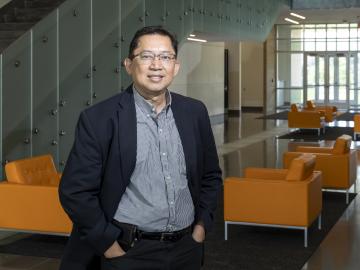
Rigoberto Advincula, a renowned scientist at ORNL and professor of Chemical and Biomolecular Engineering at the University of Tennessee, has won the Netzsch North American Thermal Analysis Society Fellows Award for 2023.

Rigoberto Advincula, a renowned scientist at ORNL and professor of Chemical and Biomolecular Engineering at the University of Tennessee, has won the Netzsch North American Thermal Analysis Society Fellows Award for 2023.
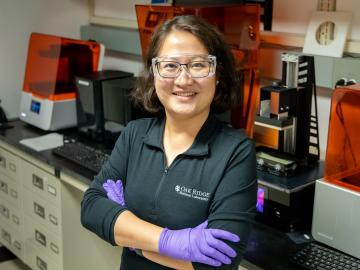
Growing up in China, Yue Yuan stood beneath the world’s largest hydroelectric dam, built to harness the world’s third-longest river.
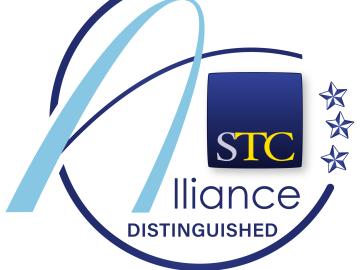
ORNL staff members played prominent roles in reports that won one Distinction award and two Excellence awards in the 2022 Alliance Competition of the Society for Technical Communication. PSD's Karren More and Bruce Moyer participated.
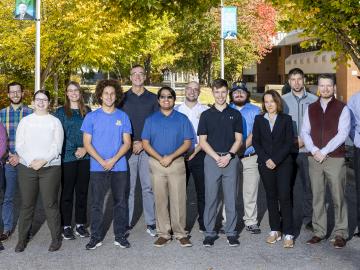
Nine student physicists and engineers from the #1-ranked Nuclear Engineering and Radiological Sciences Program at the University of Michigan, or UM, attended a scintillation detector workshop at Oak Ridge National Laboratory Oct. 10-13.
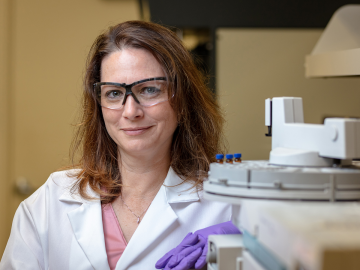
Laboratory Director Thomas Zacharia presented five Director’s Awards during Saturday night's annual Awards Night event hosted by UT-Battelle, which manages ORNL for the Department of Energy.
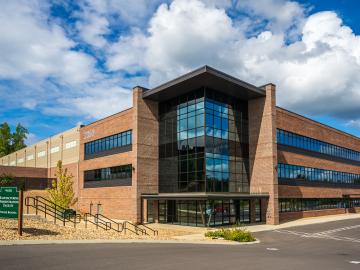
ORNL scientists will present new technologies available for licensing during the annual Technology Innovation Showcase. The event is 9 a.m. to 3 p.m. Thursday, June 16, at the Manufacturing Demonstration Facility at ORNL’s Hardin Valley campus.
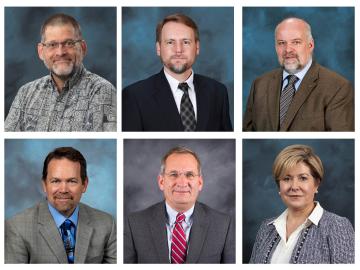
Six ORNL scientists have been elected as fellows to the American Association for the Advancement of Science, or AAAS.
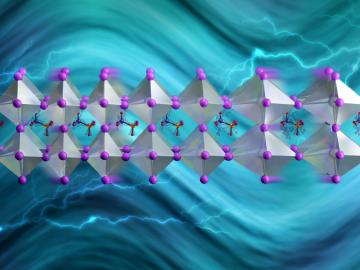
Led by ORNL and the University of Tennessee, Knoxville, a study of a solar-energy material with a bright future revealed a way to slow phonons, the waves that transport heat.

From materials science and earth system modeling to quantum information science and cybersecurity, experts in many fields run simulations and conduct experiments to collect the abundance of data necessary for scientific progress.
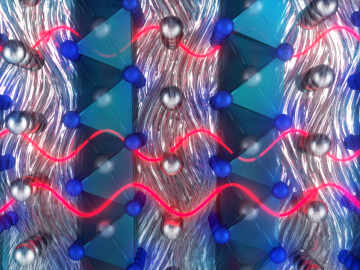
Research by an international team led by Duke University and the Department of Energy’s Oak Ridge National Laboratory scientists could speed the way to safer rechargeable batteries for consumer electronics such as laptops and cellphones.

